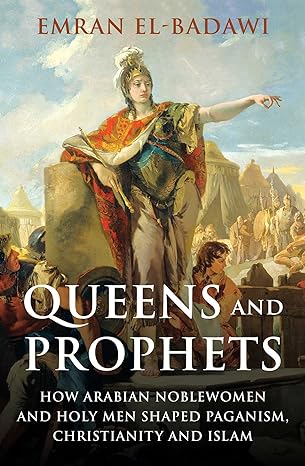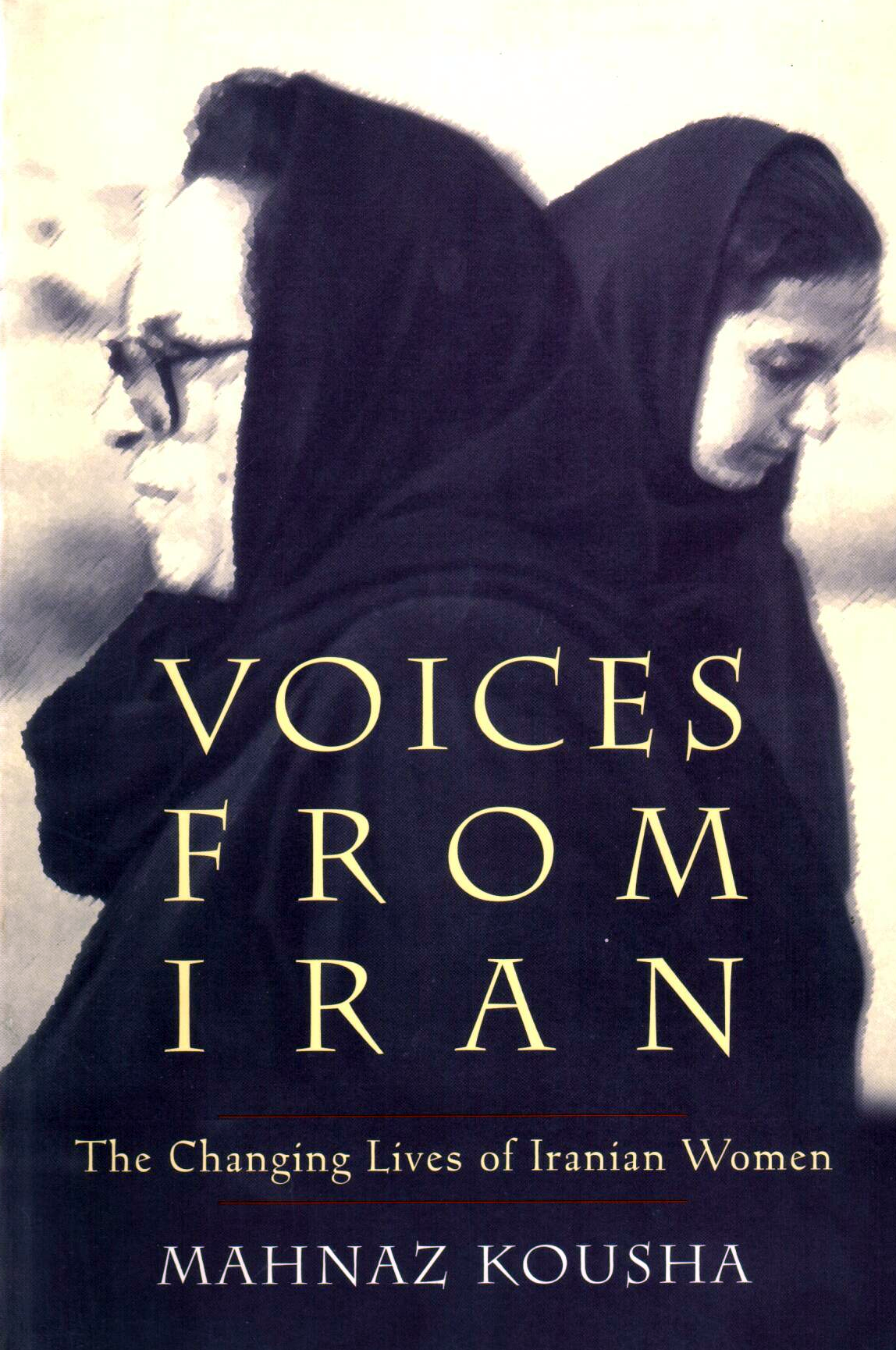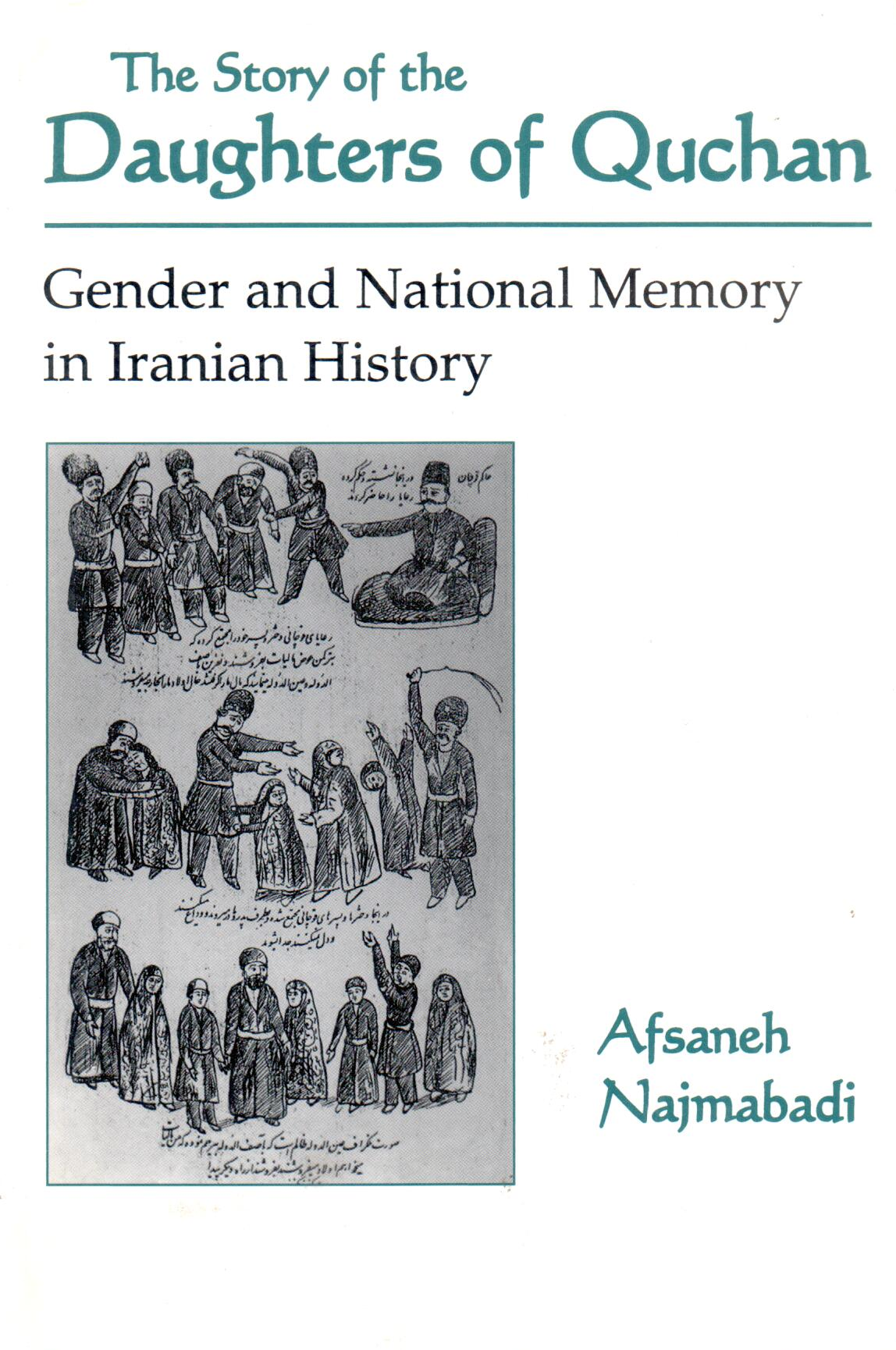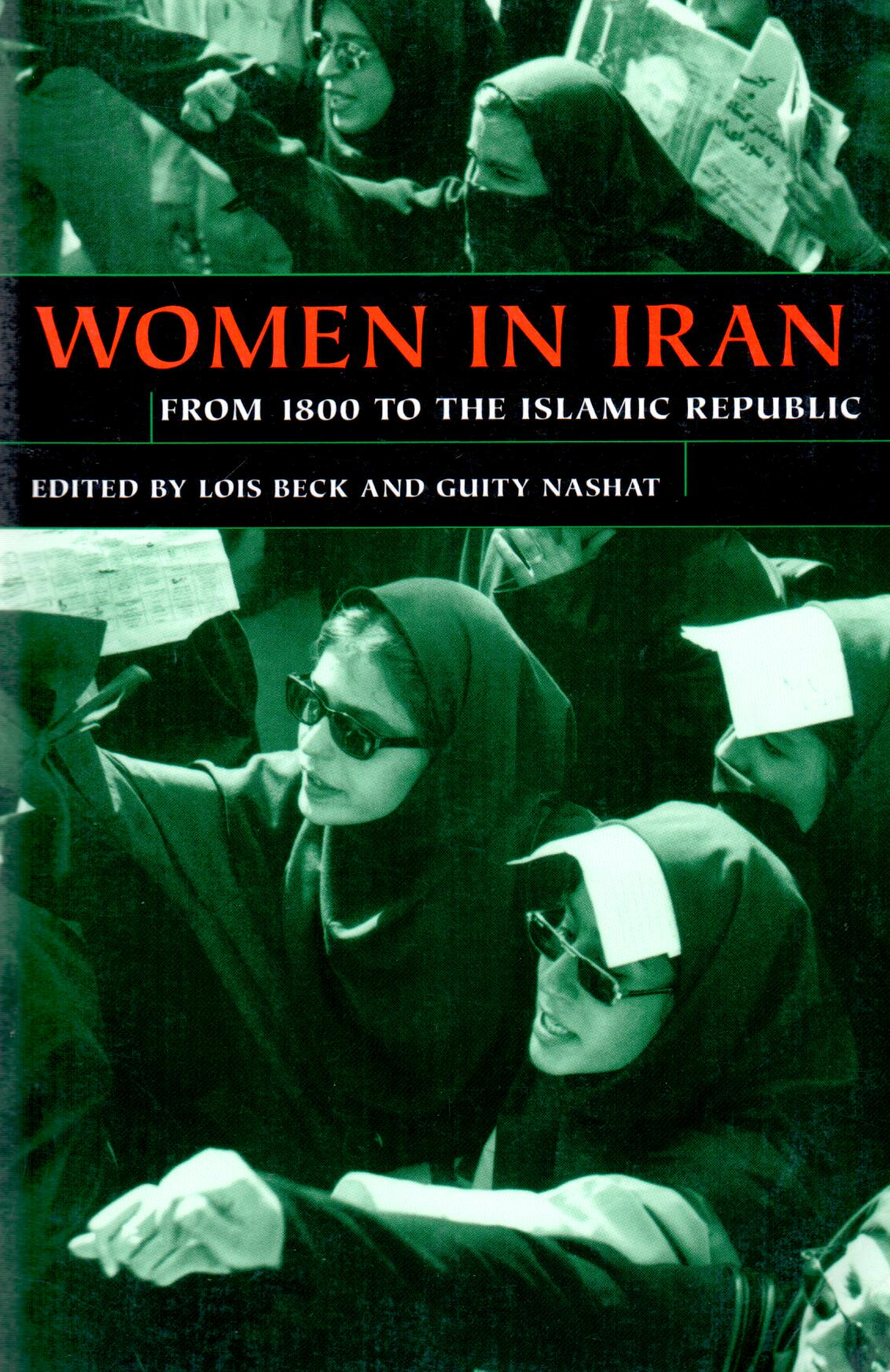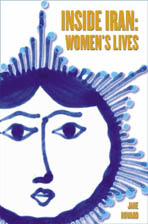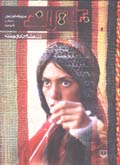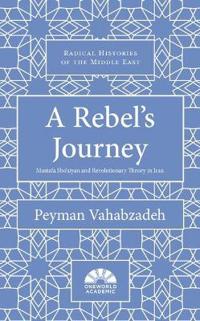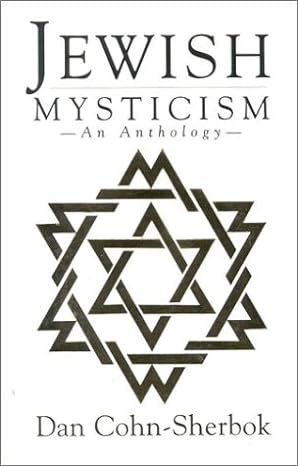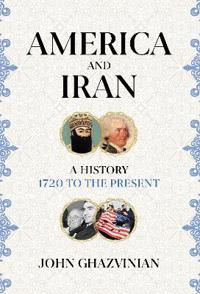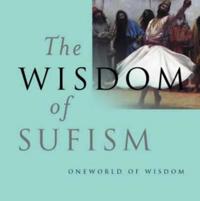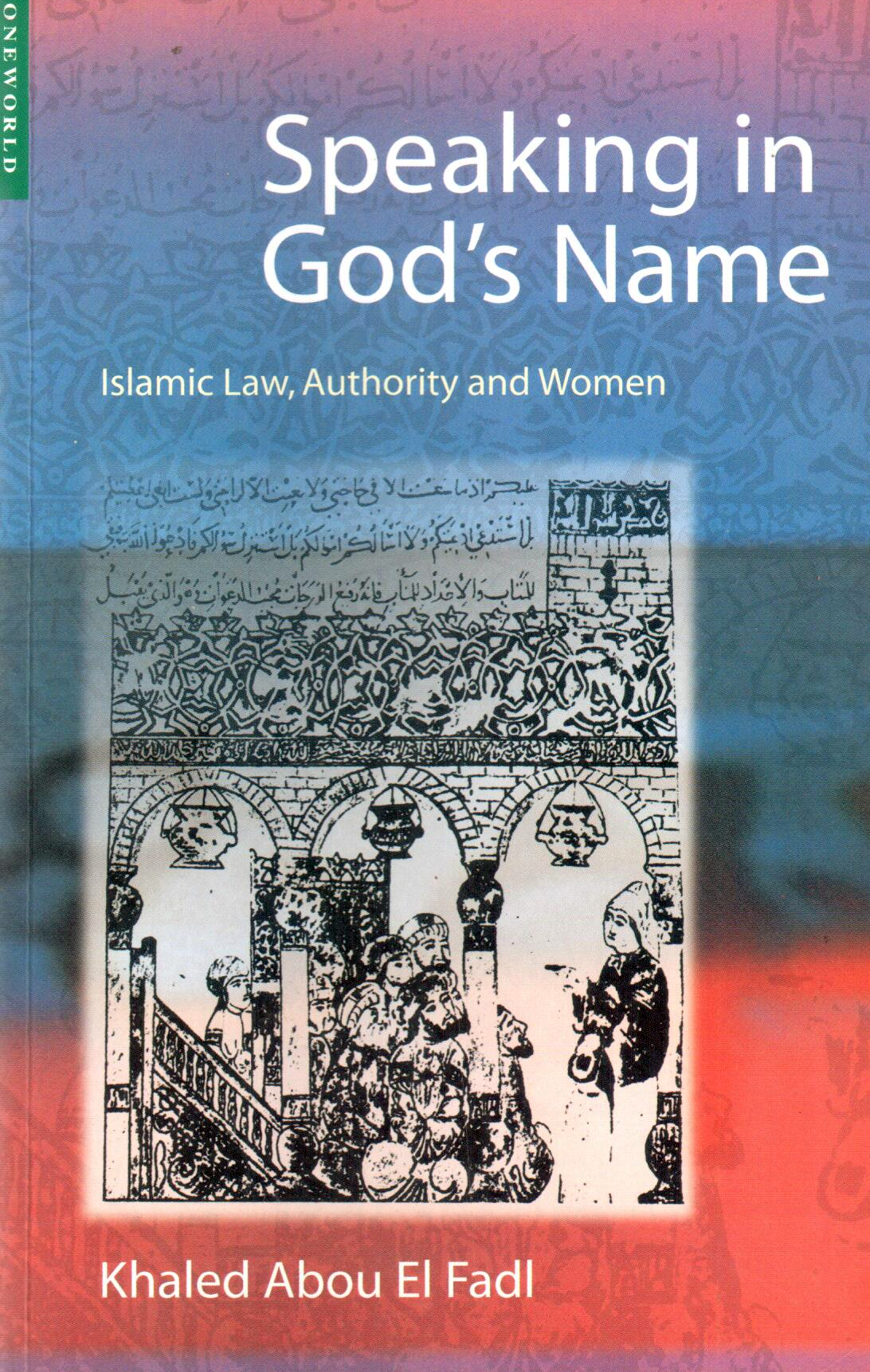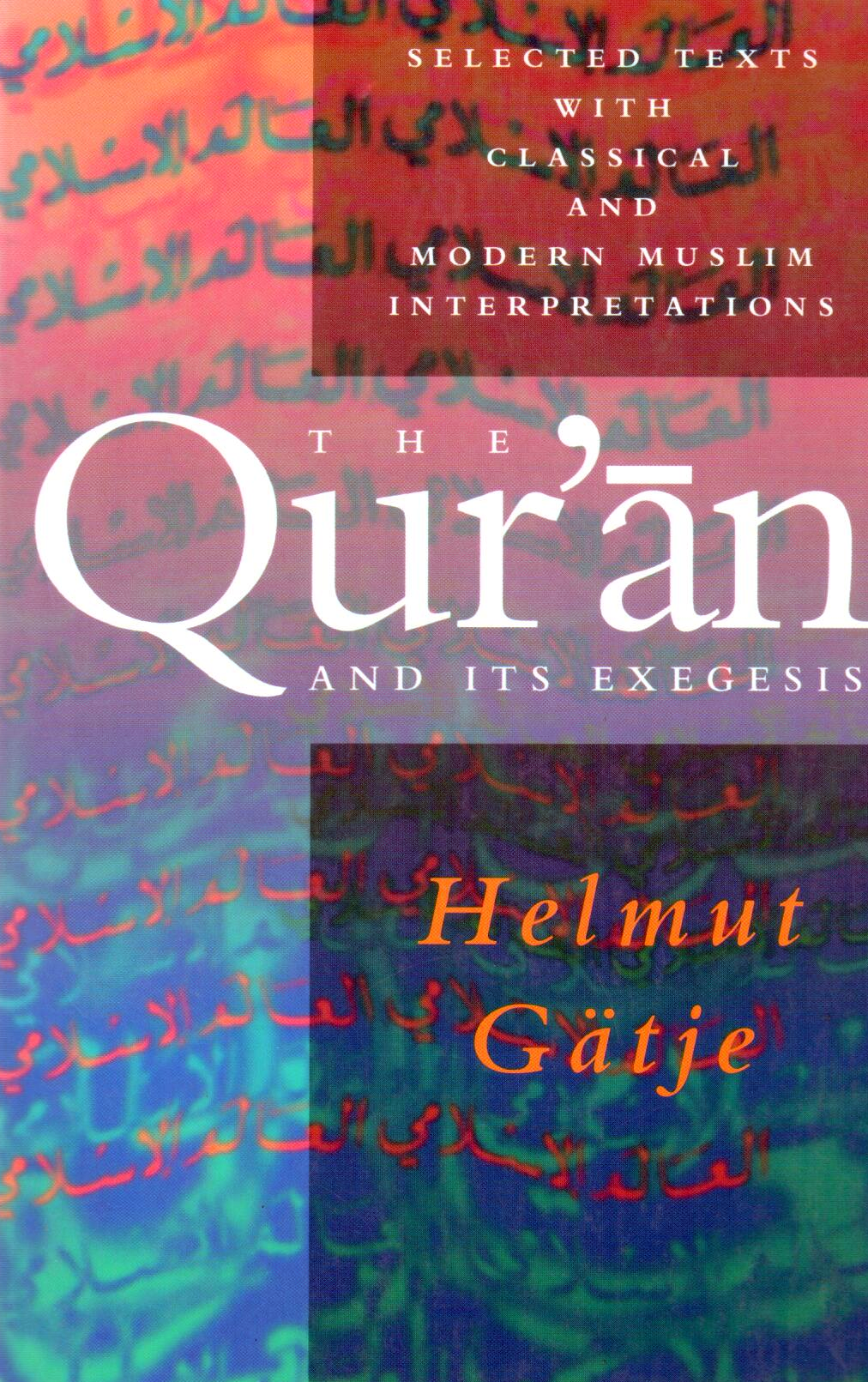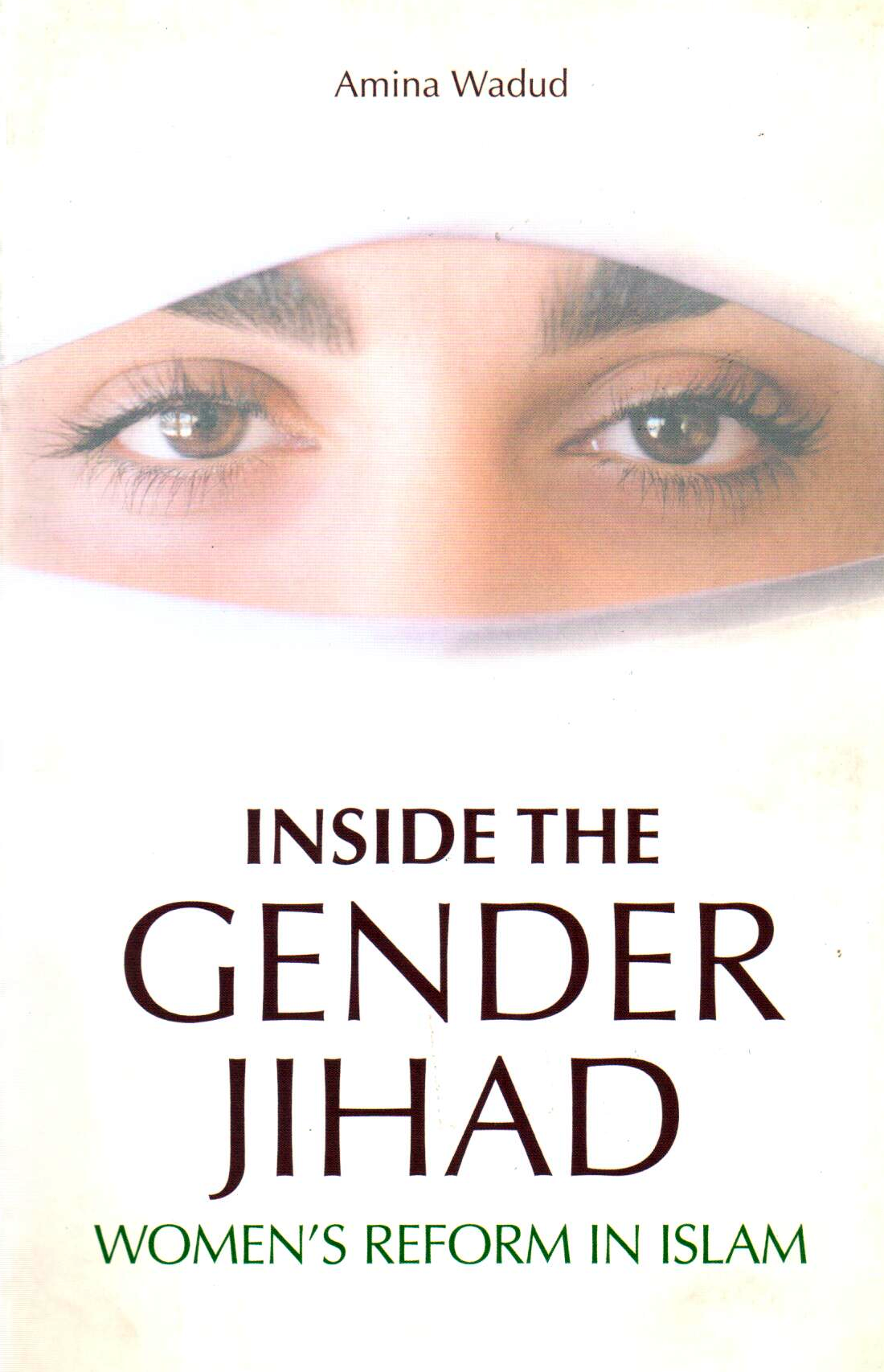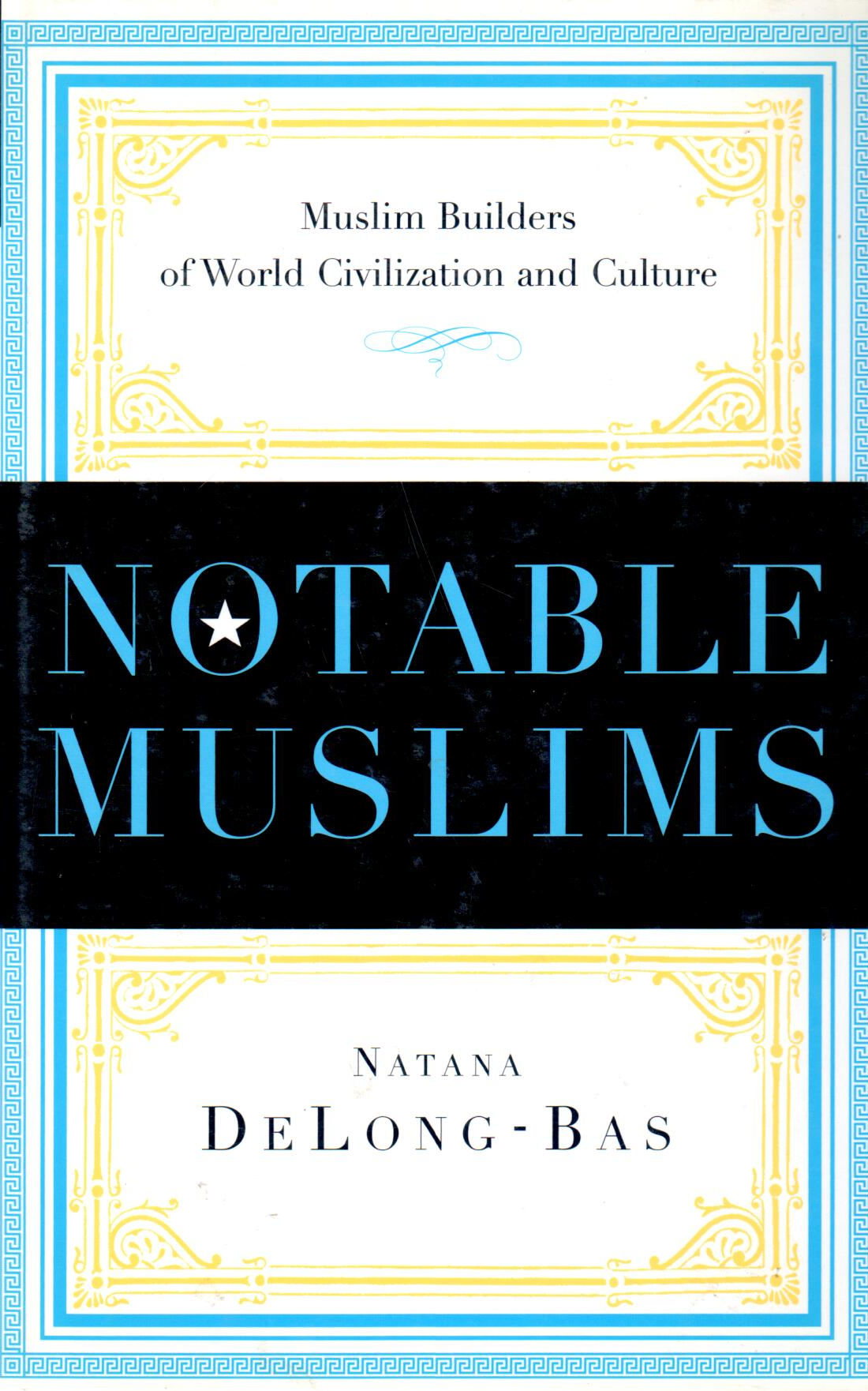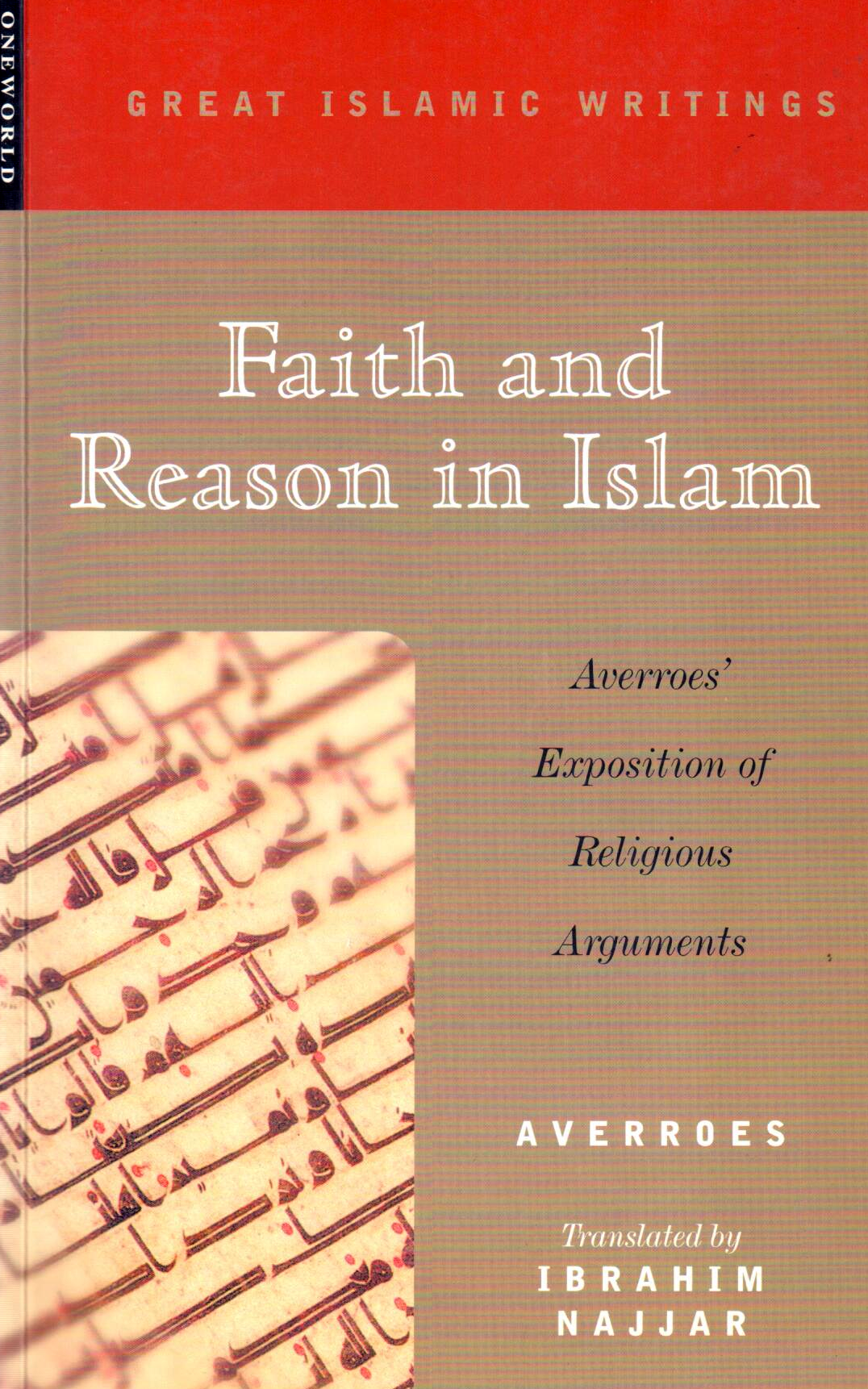Queens and Prophets: How Arabian Noblewomen and Holy Men Shaped Paganism, Christianity and Islam الإنجليزية 2022
Queens and Prophets: How Arabian Noblewomen and Holy Men Shaped Paganism, Christianity and Islam
26٫46 $
مشاركة
Wishlist
ISBN رقم:
9780861544455
الناشر:
Oneworld Publications
الفئة العمرية:
البالغون
أبعاد المنتج:
15 x 22 x 2٫8 cm
غلاف الكتاب:
کتب کرتونیه للأطفال
A groundbreaking examination of female power in pre-Islamic Arabia
‘A genuinely paradigm-shifting work by one of the most exciting and innovative scholars in the field... compelling and powerful...’ Reza Aslan
Arab noblewomen of late antiquity were instrumental in shaping the history of the world. Between Rome’s intervention in the Arabian Peninsula and the Arab conquests, they ruled independently, conducting trade and making war. Their power was celebrated as queen, priestess and goddess. With time some even delegated authority to the most important holy men of their age, influencing Arabian paganism, Christianity and Islam.
Empress Zenobia and Queen Mavia supported bishops Paul of Samosata and Moses of Sinai. Paul was declared a heretic by the Roman church, while Moses began the process of mass Arab conversion. The teachings of these men survived under their queens, setting in motion seismic debates that fractured the early churches and laid the groundwork for the rise of Islam. In sixth-century Mecca, Lady Khadijah used her wealth and political influence to employ a younger man then marry him against the wishes of dissenting noblemen. Her husband, whose religious and political career she influenced, was the Prophet Muhammad.
A landmark exploration of the legacy of female power in late antique Arabia, Queens and Prophets is a corrective that is long overdue.
more
A groundbreaking examination of female power in pre-Islamic Arabia
‘A genuinely paradigm-shifting work by one of the most exciting and innovative scholars in the field... compelling and powerful...’ Reza Aslan
Arab noblewomen of late antiquity were instrumental in shaping the history of the world. Between Rome’s intervention in the Arabian Peninsula and the Arab conquests, they ruled independently, conducting trade and making war. Their power was celebrated as queen, priestess and goddess. With time some even delegated authority to the most important holy men of their age, influencing Arabian paganism, Christianity and Islam.
Empress Zenobia and Queen Mavia supported bishops Paul of Samosata and Moses of Sinai. Paul was declared a heretic by the Roman church, while Moses began the process of mass Arab conversion. The teachings of these men survived under their queens, setting in motion seismic debates that fractured the early churches and laid the groundwork for the rise of Islam. In sixth-century Mecca, Lady Khadijah used her wealth and political influence to employ a younger man then marry him against the wishes of dissenting noblemen. Her husband, whose religious and political career she influenced, was the Prophet Muhammad.
A landmark exploration of the legacy of female power in late antique Arabia, Queens and Prophets is a corrective that is long overdue.
more

